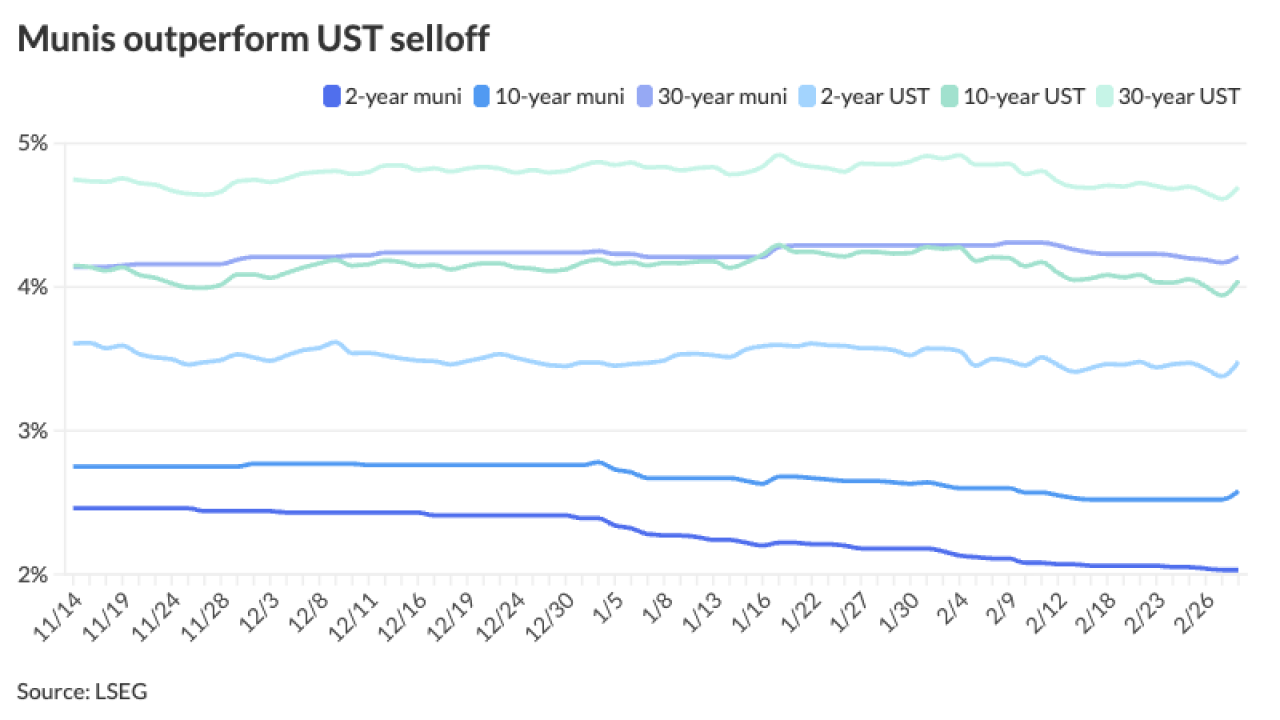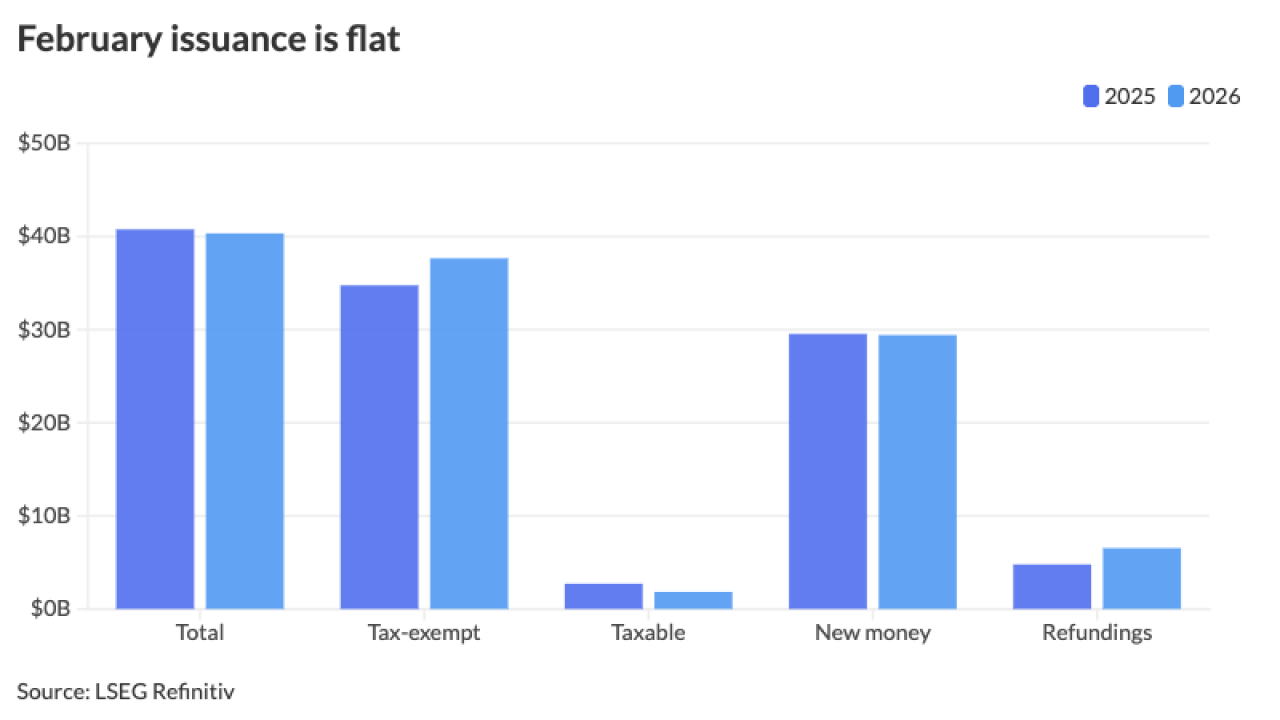The Financial Industry Regulatory Authority issued an alert yesterday that outlined options for investors who need cash but hold illiquid auction-rate securities in the wake of failed auctions that have followed downgrades of bond insurers stemming from the subprime mortgage crisis.
FINRA pointed out that most investors who purchased ARS were typically seeking a cash-like investment that paid a higher yield than money market mutual funds or certificates of deposit. They purchased either bonds with long-term maturities and interest rates that were variable or preferred shares with cash dividends that were variable. The variable rates were reset periodically through auctions.
Most ARS were insured and when the credit ratings of bond insurers with exposure to the subprime mortgage market were downgraded, investors lost interest in these products and auctions began failing as sufficient bids were not received. As a result, a number of investors were forced to hold on to their ARS.
"If you need your money in a hurry, loss of liquidity is a financial hardship," John Gannon, FINRA's senior vice president for investor education, said yesterday. "We want investors who have been affected by the recent auction failures to know what options are available to them."
FINRA counseled investors to first read the offering documents for their auction-rate securities to see if the issuers reserved the right to convert them to fixed- or variable-rate securities, or to call the securities at a certain price.
If investors cannot liquidate their ARS holdings because of failed auctions, FINRA said, they can continue to hold them and consider selling other investments for immediate cash needs; sell their ARS in the secondary market to a third party; or "borrow on margin" from investment banking firms to meet cash flow needs.
When weighing whether to liquidate other investments for cash flow needs, an investor would also need to consider the total transaction costs that would be incurred, whether the sale would trigger adverse tax consequences, and how the liquidation would change the balance of the investment portfolio, the agency said.
FINRA said some brokerage firms may be willing to purchase investors' ARS in the secondary market, but cautioned that while a "broker owes you a duty to obtain best execution ... you should keep in mind that selling outside of the auction process may make it harder to determine if you are getting a fair value, and may result in your getting a lower price." Such transactions also would involve additional costs or fees, the agency said.
Investors considering borrowing money from brokers to meet cash flow needs, should "be aware that the interest rate charged on these loans may exceed the yield [the investor is] getting on the underlying security," FINRA said. In addition, borrowing against a tax-exempt security may cause the investor to lose the ability to deduct some or all of the margin loan interest from taxes.
The agency reminded investors that if they "have a problem related to ARS that their brokerage firm did not resolve satisfactorily" they "can file a complaint online at FINRA's investor complaint center." The FINRA guidance and the complaint center are available at





